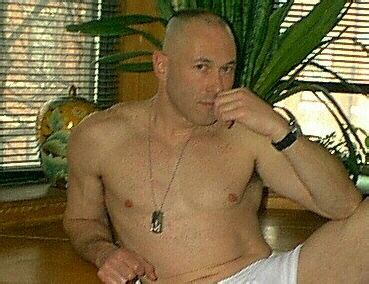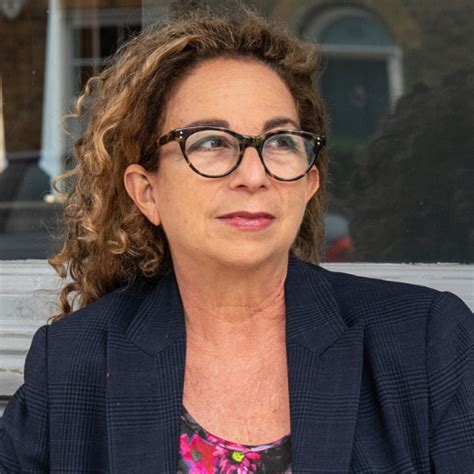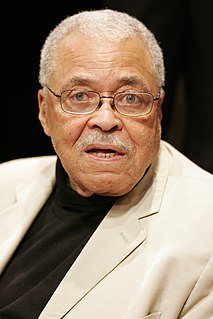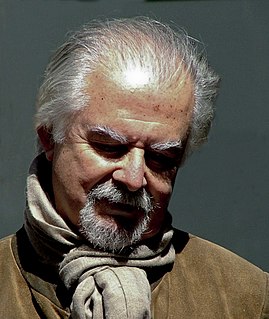A Quote by Kate Forsyth
It has always seemed a cruel joke to me that the very word 'stutter' is difficult for many stutterers to pronounce. It is onomatopoeic, an imitation of the halting, repetitive sound made by people with this speech dysfunction.
Related Quotes
I grew up with an absolutely horrible, debilitating stutter, and it was what caused me to retreat into myself and caused me to have very few friends and not want to socialize, and it made me absolutely terrified of giving reports in school. It was awful. It wasn't until I was 19 that I had intensive speech therapy. I had it for two years and it really helped, though I will say when I'm tired, the stutter comes out, even now.
I think stutterers are funny. And I know it's rude and politically incorrect to laugh at stutterers. But I think it is okay because I know why they're funny. They make people nervous. People think, when on earth are they going to get the word out, so they start laughing out of their own nervousness.
If you look at many of the women who find themselves with cold, distant, difficult, cruel men, it's because they had cold, distant, difficult, cruel fathers who made them feel that there was no alternative or, at a minimum, who made them choose someone like their father in order to change in this other man what they couldn't change in their fathers.
After I was released, people used to keep asking me, 'what's it like to be free? And it was very difficult for me to answer. I'd always felt free. As far as my state of mind was concerned, I didn't feel any different...People ask me about what sacrifices I've made. I always answer: I've made no sacrifices, I've made choices.


































